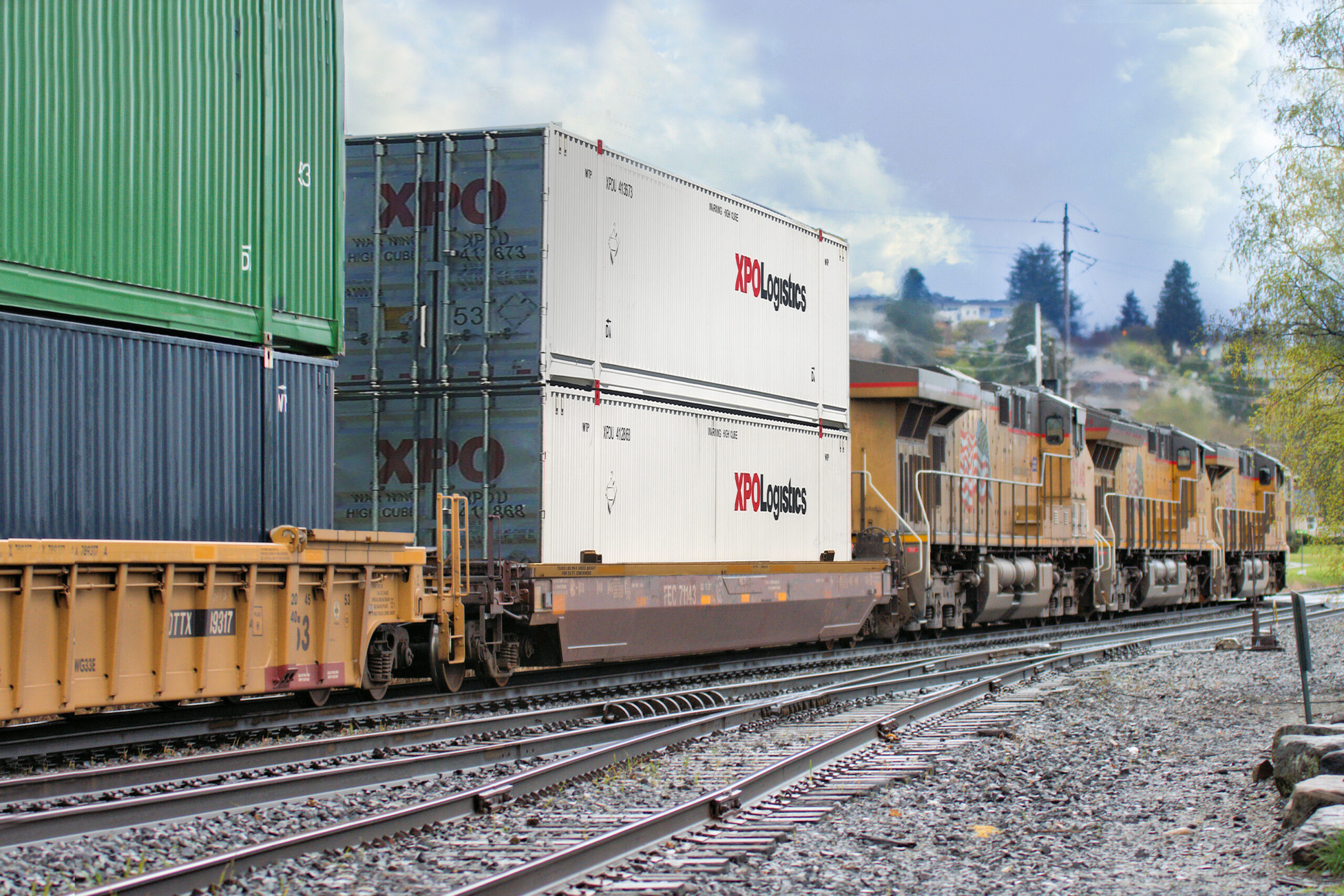Supply chain managers are most worried about finding people, reveals our annual survey amongst the leaders in the industry. It is not surprising that after a year when the logistics sector struggled to find employees, more leaders in the industry are expecting problems.
LEARN ABOUT THE FUTURE OF THE WAREHOUSE ON THE 8TH MARCH! REGISTER NOW!

According to our survey 57% of respondents expect some form of labour shortages. Supply chain shortages are the second biggest worry for leaders. 36% of participants said the supply chain will experience problems in 2022. This follows what happened in many countries around the world in 2021. The new demand, created by the rise in e-commerce, surprised many and some were unsure whether the supply chain will be able to cope with what was put forward. However, the industry showed its resilience and managed now only to perform well but also supply crucial areas and industries.
‘It was a challenging year with many restrictions, external challenges, reduction in air freight and all demand drastically increased. It’s surprising that the sector was able to accommodate the new
demand,’ says a Founder in a technology company that provides software services to supply chain organisations.
Not enough foreign workers
Commenting on the expected labour shortages some of the participants believe better pay options would attract more people into the industry. For the majority of the industry, however, the problem with workers comes from the lack of foreign labour – specifically in the UK. 60% of participants say that not enough people from abroad are the cause for the problems. 20% point the finger at low salaries and another 20% blame the UK government and its management of immigration rules.
Warehouse problems
The industry seems to be optimistic about being able to find warehousing space. Only 7% of all supply chain managers that took part in the survey believe there will be problems with finding suitable space. In addition, many believe that companies will be forced to use locations that were not originally designed for logistics. This would lead to more warehouses being opened in old stores and offices. Many even urge the industry to proactively look at using what already exists.
Warehousing automation is expected to see huge growth in 2022. ‘Warehouse automation is the area which will see the most growth in my opinion in 2022. It’s a closed environment where companies can experiment and deploy new solutions,’ says one of the participants. In their opinion, driverless vehicles are not likely to make any difference in 2022.
What is to come
Looking at sustainability Moritz Tölke, Technical Manager at Smart Freight Centre believes five trends will shape the industry in 2022:
- Ever-growing attention to collaboration amongst shippers and their supply chain partners e.g. in the Sustainable Freight Buyer’s Alliance (SFBA);
- Establishment and implementation of book & claim chain of custody systems to accelerate investments into decarbonizing supply chains;
- Increased uptake and demand for biofuels for road freight and wider-scale market entry of Medium-duty Battery Electric Vehicles;
- Increased focus on utilizing data exchange between stakeholders for accounting and optimization of logistics emissions;
- Adoption of the FitFor55 package within the EU and similar regulations around the globe – including expansion of carbon pricing schemes for logistics and additional GHG disclosure requirements;
Overall, supply chain managers think that 2022 will be challenging but will also bring many new opportunities. Shortages – both labour and supply chain related – will most likely go beyond 2022. The supply chain was forced to adapt and the production of many key industries was negatively affected.
It will take at least a year for some of them to ramp up again and reach the levels that we had seen before 2020.
You can find more about the future trends in supply chain, logistics, warehousing, sustainability and more in the January 2022 edition of The Logistics Point Magazine. ✷


